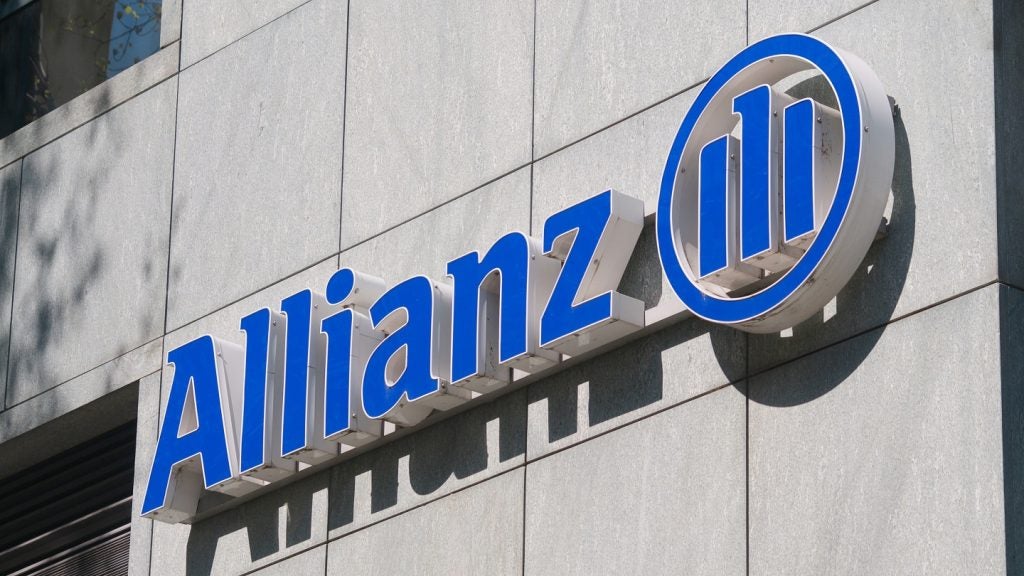been an easy-sell, highly profitable product for UK credit
providers. Too easy, believes the UK’s Competition Commission which
has proposed radical reforms that will open up the PPI market to
currently marginalised alternate product providers.
Rocked by controversy, the UK’s Payment Protection Insurance
(PPI) market has seen hefty fines handed down by regulatory body
the Financial Services Authority for inappropriate sales methods.
Notable examples were a £610,000 ($1.2 million) fine paid by a unit
of US conglomerate General Electric, GE Capital Bank, in 2007 and a
£1.085 million fine levied against a unit of UK bank HSBC, HFC
Bank, in early 2008.
The state of the approximately £5 billion annual premium income PPI
market was the subject of a complaint to the Office of Fair Trading
(OFT) by consumer activist organisation Citizens Advice Bureau in
2005. The OFT’s study led to it referring the PPI market to the
Competition Commission (CC) for further investigation in February
2007. The CC’s focus was examination of whether there is effective
competition in the PPI market. The CC’s provisional findings are a
damning appraisal of companies selling PPI to their credit
customers.
“We’ve found serious problems with the PPI market and customers are
paying for the lack of competition,” said the CC’s deputy chairman
and the inquiry chairman, Peter Davis.
“The way PPI is sold as an add-on to a loan or other credit product
means distributors escape the pressure they should face from
competing suppliers,” he continued. “Distributors don’t appear to
compete much with each other on either price or quality of PPI
neither do they appear to do much direct advertising of PPI to win
customers from each other.” He noted that sale of PPI at the point
of sale of products by credit providers further restricts the
extent to which other providers can compete effectively.
Indeed, the CC found that many customers are not even aware that
they can get PPI elsewhere, potentially for less, and others
believe that buying PPI from the provider increases their chance of
getting a loan. The CC also noted that consumers who want to switch
PPI policies to alternative providers or to alternative types of
insurance are hindered in doing so by, for example, terms which
make switching expensive, particularly in the case of
single-premium policies.
How well do you really know your competitors?
Access the most comprehensive Company Profiles on the market, powered by GlobalData. Save hours of research. Gain competitive edge.

Thank you!
Your download email will arrive shortly
Not ready to buy yet? Download a free sample
We are confident about the unique quality of our Company Profiles. However, we want you to make the most beneficial decision for your business, so we offer a free sample that you can download by submitting the below form
By GlobalDataThe CC estimates that the more than 14 million PPI policyholders
are overcharged by about £1.4 billion a year. PPI in the UK
provides cover to enable borrowers to maintain credit repayments
should they becomes unable to maintain repayments due to accident,
sickness, unemployment and, under some policies, death.
Over 90 percent of PPI sold in the UK in 2006 was either related to
personal loans, credit cards or mortgages. The CC noted that
evidence suggests that in the case of personal loans, high prices
for PPI are subsidising the interest rates being offered by some
providers.
In its preliminary report the CC proposed ways of reforming the PPI
market. Key proposals that focus on improving competitiveness,
product quality and service are:
• Standard disclosure on advertising and marketing material of the
cost of taking PPI along with a requirement to alert customers to
the existence of other PPI products, sources of comparative
information and that PPI is optional and does not increase the
likelihood of obtaining credit;
• Standardise disclosure of price and other information to allow
comparison of products across the market and compel credit product
providers to provide firm quotes on PPI in writing;
• Compel credit product providers to provide information about PPI
and credit products to providers of comparative information for
publication; and
• Prohibit the selling of PPI at the credit point of sale.
Proposals to address barriers to switching between PPI providers
were also set out by the CC. These include:
• All policies to be renewed annually and on renewal to provide a
statement of the cost of PPI, a reminder of the customer’s right to
cancel and early settlement terms;
• Prohibiting single premium policies or ensuring a choice of
regular premiums alongside single premiums; and
• Impose obligations to share information about a customer’s credit
card balance with an underwriter nominated by the customer and
share information about customer claims which could enable the
possible introduction of no claims discounts.
Assuming adoption of its proposals the CC also recommended the
imposition of price caps to enable prices to be brought closer to
competitive levels more rapidly while its proposed measures take
effect.
The CC’s proposals have received a mixed reception. Typical of the
positive comments was Matt Morris, a senior policy adviser at
independent insurance broker LifeSearch.
“The findings of the Competition Commission are definitely a step
in the right direction,” said Morris. “The real problem is that
people have these [PPI] policies pushed on them when taking out
loans without any real idea of the alternatives out there. Banks
and mortgage lenders make a fortune out of selling PPI. It is
certainly quick and easy to sell but it offers consumers a
relatively poor level of cover compared to other policies on the
market.”
Some commentators however, expressed reservations about certain
aspects of the proposals. One was Brian Brown, head of insight at
financial data collection and research company Defaqto. Though he
praised the CC’s intention to make products easily comparable and
the requirement for providers to make this information available
for comparison websites he cautioned of a danger that the changes
proposed could leave more people unprotected.
“Any remedies imposed by the Competition Commission must ensure
that customers are not dissuaded from at least considering buying a
PPI product,” Brown said.
Strong reservations were expressed by industry body the Association
of British Insurers (ABI). “We acknowledge that there have been
problems in the PPI market and we have done a lot to change that.
These changes now need time to bed in,” said the ABI’s director of
general insurance and health, Nick Starling.
However, he stressed: “We are very concerned that the Competition
Commission’s proposed remedies could destroy this market,
particularly while we are facing a period of economic uncertainty.”
The market is changing and should not be judged retrospectively, he
concluded.







